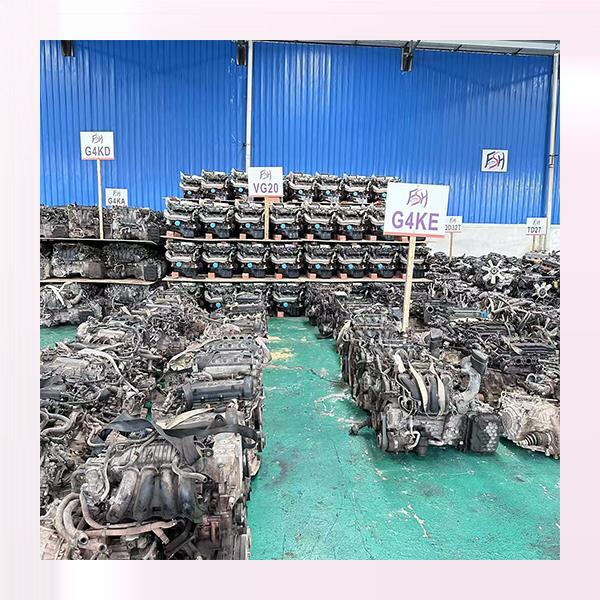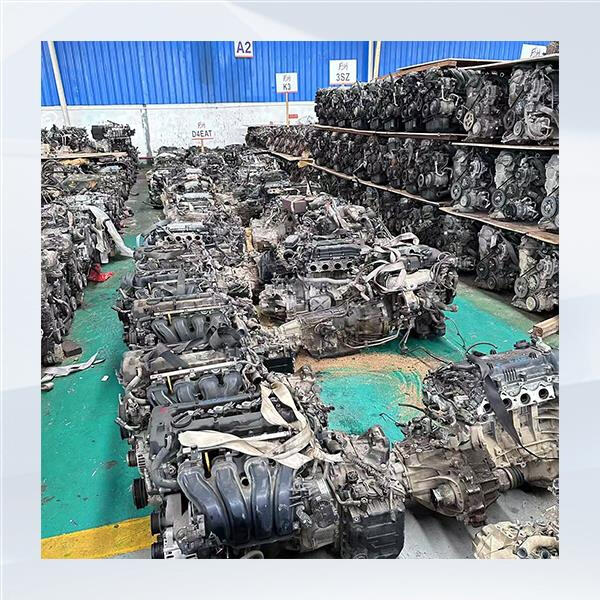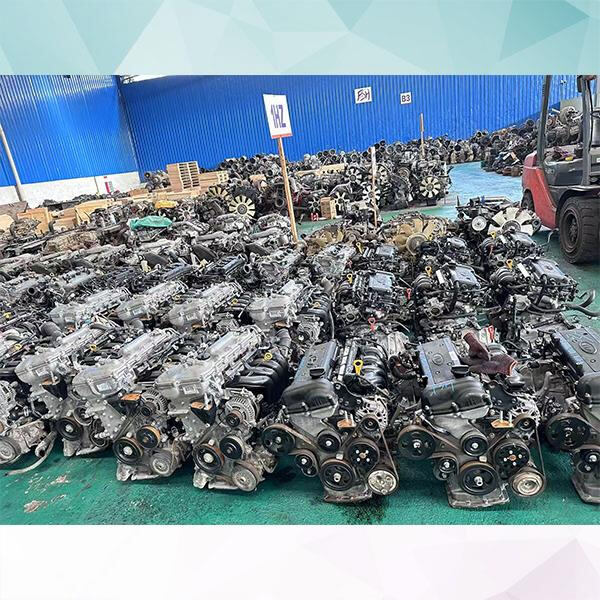Songgang Shiquan Management Area, Shishan Town, Nanhai District, Foshan City +86-13724629982 [email protected]
Gasoline petrol and diesel engines are brilliant discoveries that fuels a whole lot of things we have today. Let's take a closer look at these engines and how they get things moving!
Engines have been in existence for quite a while, but gasoline and diesel engines were actually only recently invented in the late 19th and early 20th century. These engines take fuel and burn it to make power that you can use to move a car, or a washing machine, and other things. Over the years, they’ve also worked to make these engines more efficient to use less fuel to do the same amount of work.
Gasoline and diesel-fired powerplants are in everything around us in our daily lives. They drive cars and trucks and buses and boats and motorcycles and some planes. They also fuel generators that provide electricity in areas without access to a power grid. As a result, you wouldn’t be reading this, or listening to this, or hearing any one of a number of things that wouldn’t work without them.”

Gas engines and diesel engines behave and perform differently. Gasoline engines dominate in cars and light-duty trucks, because they’re quieter and less vibration-prone. Diesel engines, on the other hand, are more powerful and more fuel efficient, which is best suited for trucks and larger vehicles. In terms of speed, gasoline engines outpace diesel engines in most cases.

The downside to gasoline and diesel engines is that when they burn fuel, they create harmful emissions. This can make smog and poison the environment. Engineers have developed counter measures, such as catalytic converters and diesel particulate filters, to address this issue. These instruments also help decrease the quantity of harmful gases that spew out into the atmosphere, allowing engines to be environmentally oriented.

And engineers are constantly tinkering with ways to make gasoline and diesel engines better. Some recent advances that can improve that fuel-to-power conversion include turbocharging, which enables engines to deliver more power without burning more fuel, and direct fuel injection, which permits more precise control over how fuel is delivered. These developments have allowed to build more efficient and stronger engines then ever.